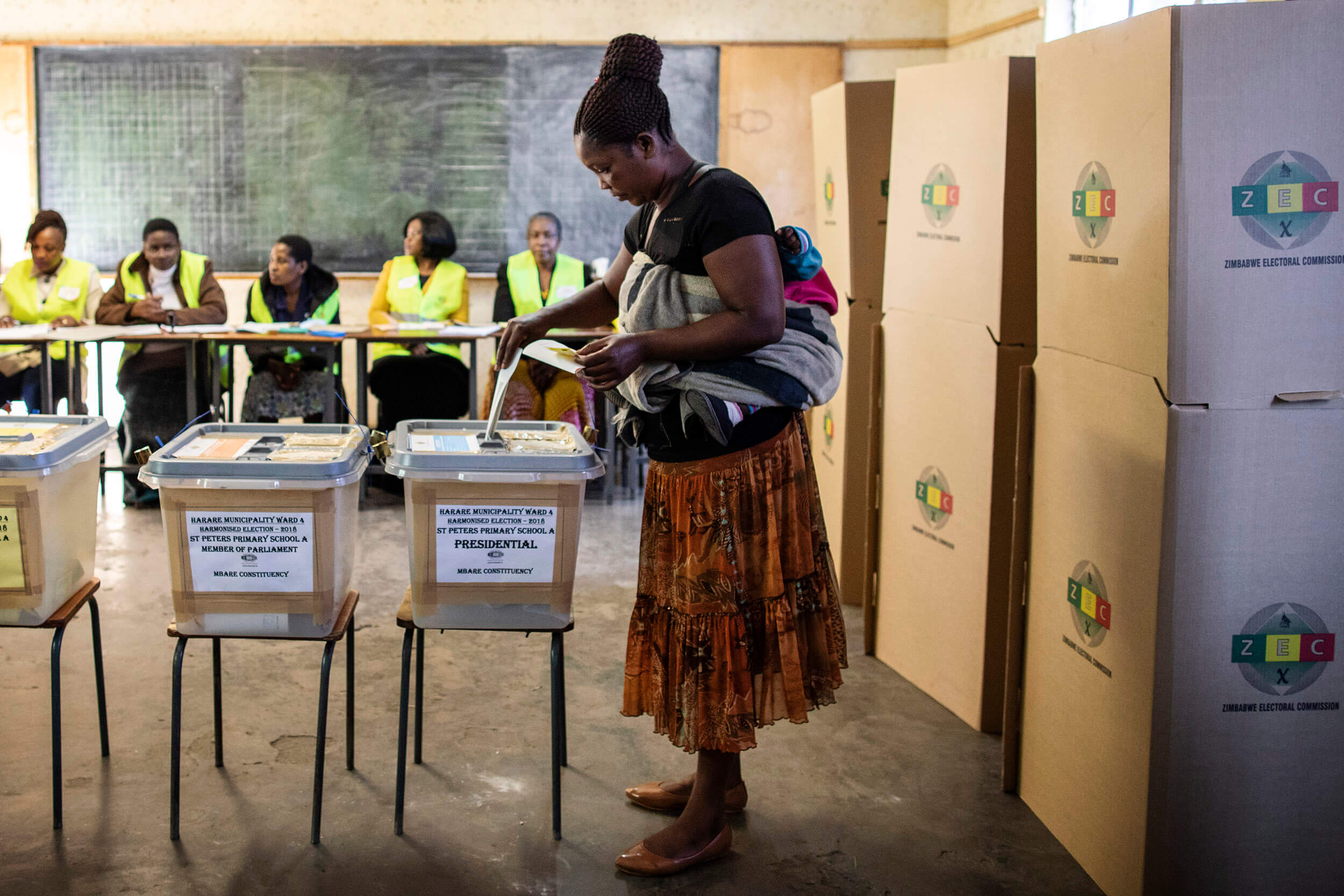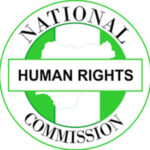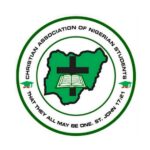The Carter Centre, an international nonprofit organization, has released its preliminary findings on the recently conducted elections in Zimbabwe.
According to the Centre’s observations, the political environment during the elections was restrained and lacked independence and transparency in crucial areas.
The centre stated that Zimbabwean Parliament failed to pass significant electoral reforms and instead enacted laws that targeted civil society organizations, effectively silencing reform advocates and political opponents in the months leading up to the polls.
One of the key concerns highlighted by the Center was the implementation of the voting process. While the majority of polling stations reported smooth operations on election day, some areas, including Harare, Bulawayo, and Manicaland, experienced delays with several polling stations opening more than 11 hours late.
Zimbabweans vote in tense poll
Zimbabwe’s President Mnangagwa re-elected after tense contest
“Although the Zimbabwe Electoral Commission extended voting hours, and the government officially proclaimed Aug. 24 as an additional election day, many stakeholders expressed concerns that logistical delays may have depressed voter turnout in those areas. Closing and counting procedures were assessed as largely positive in the limited number of polling stations the Center observed,” the statement said.
In a move that raised further alarm, the centre said “Several hours after polls closed on Aug. 23, Zimbabwean security forces raided the offices of the Zimbabwe Electoral Support Network and the Election Resource Centre, two accredited and well-known civil society election observation groups, arresting 39 people and confiscating equipment.
“The raid was an unnecessary and serious restriction of the fundamental civil and political rights of these organizations and individuals, and it prevented their efforts to contribute to transparency around critical phases of the election, including independent verification of officially announced results.”
The centre also highlighted issues with the legal and electoral framework, stating that subordinate legislation unduly curtailed fundamental human rights such as freedom of expression and assembly.
Additionally, the administration of elections lacked transparency, as critical information was not provided in a timely manner by the Zimbabwe Electoral Commission, eroding public confidence in the management of electoral processes. The restrictions placed on election observers further hindered transparency efforts.
The Center also observed that voter education suffered from delays in accreditation, leaving some approved organizations with limited time for effective voter education.
The voter registration process also faced criticisms due to inaccuracies and errors in the voter roll, causing low public confidence. Candidates’ registration was marred by delays and constraints, leading to late printing and delivery of ballots in some areas, ultimately favoring the ruling party.
According to the the Center the political environment surrounding the elections was marked by increased polarization and tensions.
“While incidents of political violence were fewer than in 2018, tensions and polarization increased in the months preceding the elections, as legislation restricting individuals’ freedoms of speech, movement, and association, such as the Criminal Law (Codification) Amendment Act, also known as the Patriotic Act, and the PVO Amendment Bill were introduced.
“While the PVO legislation has yet to become law, coupled with the Patriotic Act, its potential enactment has produced a stifling effect on Zimbabwean civil society,” said the Center in the statement.
The campaign period as observed by the Center was characterized by restrictions on public gatherings, hindering opposition parties from engaging with potential supporters. Interparty clashes resulted in instances of violence, with one reported death. The adoption of the Patriotic Act further curtailed the right to peaceful assembly, affecting freedom of association and expression during campaigning.
The centre noted that gender parity commitments and efforts to promote the participation of women were not fully enabled in subordinate legislation, leading to a decline in women’s participation compared to previous elections. Additionally, political parties failed to promote the participation of youth and people with disabilities as candidates.
As the tallying of results continues, the centre emphasized the importance of waiting for the Zimbabwe Electoral Commission’s final results and urged political leaders to abide by the provisions of the Peace Pledge.
To ensure transparency and credibility, it called for the publication of detailed results at the polling station level for cross-verification by political parties and observers, aligning with international best practices.

 Join Daily Trust WhatsApp Community For Quick Access To News and Happenings Around You.
Join Daily Trust WhatsApp Community For Quick Access To News and Happenings Around You.


